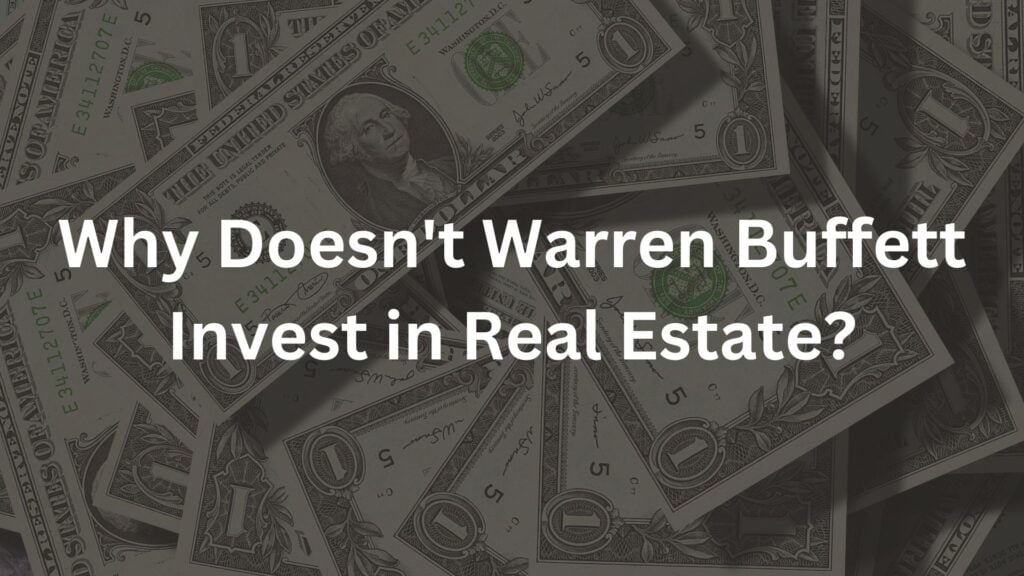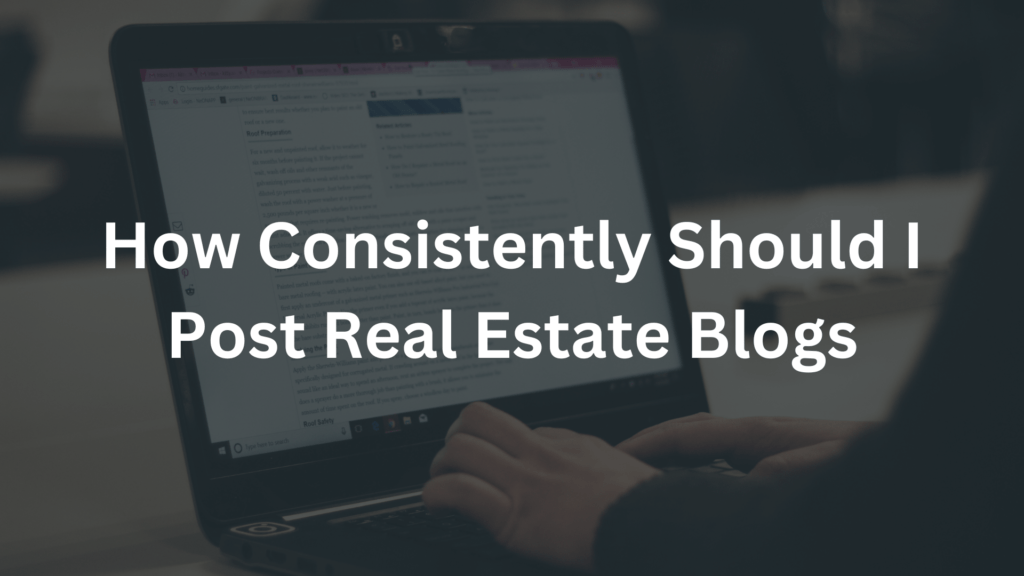Over the past several decades, Warren Buffett’s long-term investment strategy has been successful through recessions, high inflation, and deflation. Commitment to Buffett’s strategy is one of the things that has made him a successful investor.
While countless new investment techniques and algorithms have emerged over the years, Buffett has maintained his relatively simple approach of selecting solid companies and focusing on long-term growth while ignoring the noise that frightens most investors.
Although the vice chairman of Berkshire Hathaway Charles Munger built his fortune through real estate, it may seem strange that someone with such a disciplined long-term approach hasn’t purchased real estate.
Investing in real estate is different from buying it
Buffett doesn’t oppose investing in real estate. His investments in real estate investment trusts (REITs) over the years include Store Capital Corp (NYSE: STOR), in which he owns a large stake. However, he understands that becoming a landlord does not make much sense to him.
Investing in real estate is more like running a business than investing in it, and Buffett knows he would be better off choosing companies to invest in than running a real estate business.
The real estate business is tricky, and to build significant wealth you often need to scale to include multiple properties. Real estate is often misunderstood as a passive investment by individual investors, and most of them eventually exit once they realize what they’ve gotten themselves into.
It’s a different story when it comes to investing in real estate. Investing in passive real estate allows investors to reap the benefits of this profitable asset class without taking on any management responsibilities.
A total annual return of 13.1% has been recorded by the FTSE Nareit All Equity REITs index during 13 of the last 20 years, compared with an average of 11.1% for the S&P 500.
Investors who have turned to the private market for passive real estate investments have averaged even greater returns. According to RealtyMogul’s report on its fully realized deals since 2014, investors have earned an average internal rate of return (IRR) of 17.2%.
Investing in individual rental properties for as little as $100 is now possible for passive investors. Founded last year, the Jeff Bezos-backed real estate investment platform has fully funded over 150 rental properties worth over $60 million.
Property management and investing offers incredible profit potential, but it’s important to realize that real estate is a business, not a passive investment.
Real estate investments’ returns are directly related to the effort, time, and money invested in it. Although that business has brought many great fortunes over the years, it’s just not a business that makes sense for most people.
Benzinga’s Private Markets Offering Screener allows accredited and non-accredited investors to find passive real estate investments with a minimum investment of $100.



